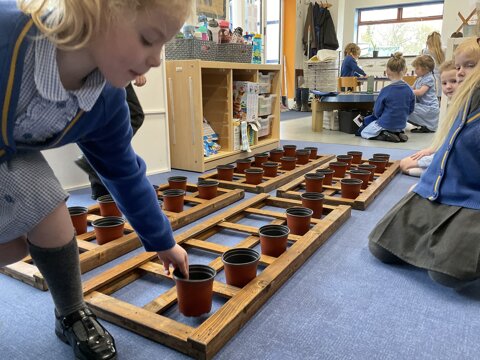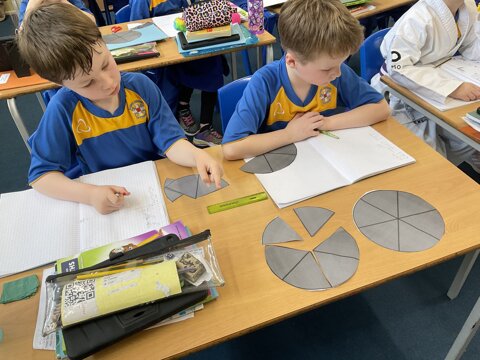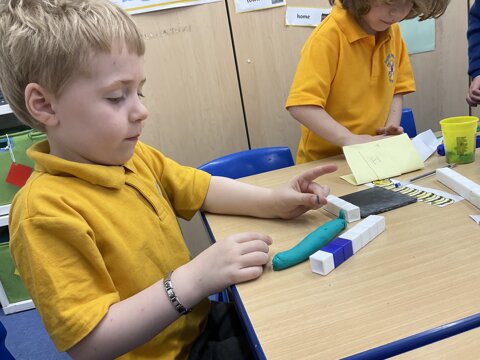Mathematics
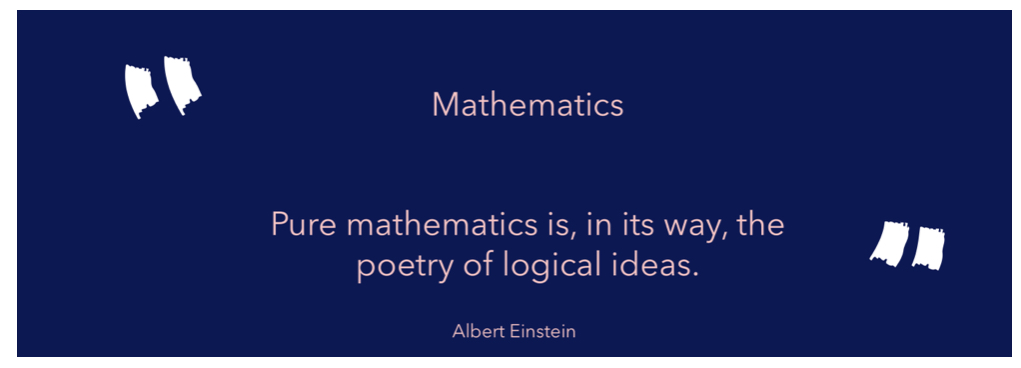
At St Peter’s we want our children to be curious about mathematics, flexible in their approaches to problem solving and to approach mathematics with confidence and resilience.
It is our aim that all children have a secure and deep understanding of fundamental mathematical concepts and procedures and see the mathematics that surrounds them every day whilst enjoying developing this vital life skill.
To achieve this, we follow a mastery approach to the teaching and learning of Mathematics.
Our teaching for mastery is underpinned by the NCETM’s 5 Big Ideas and Teaching for Mastery principles.
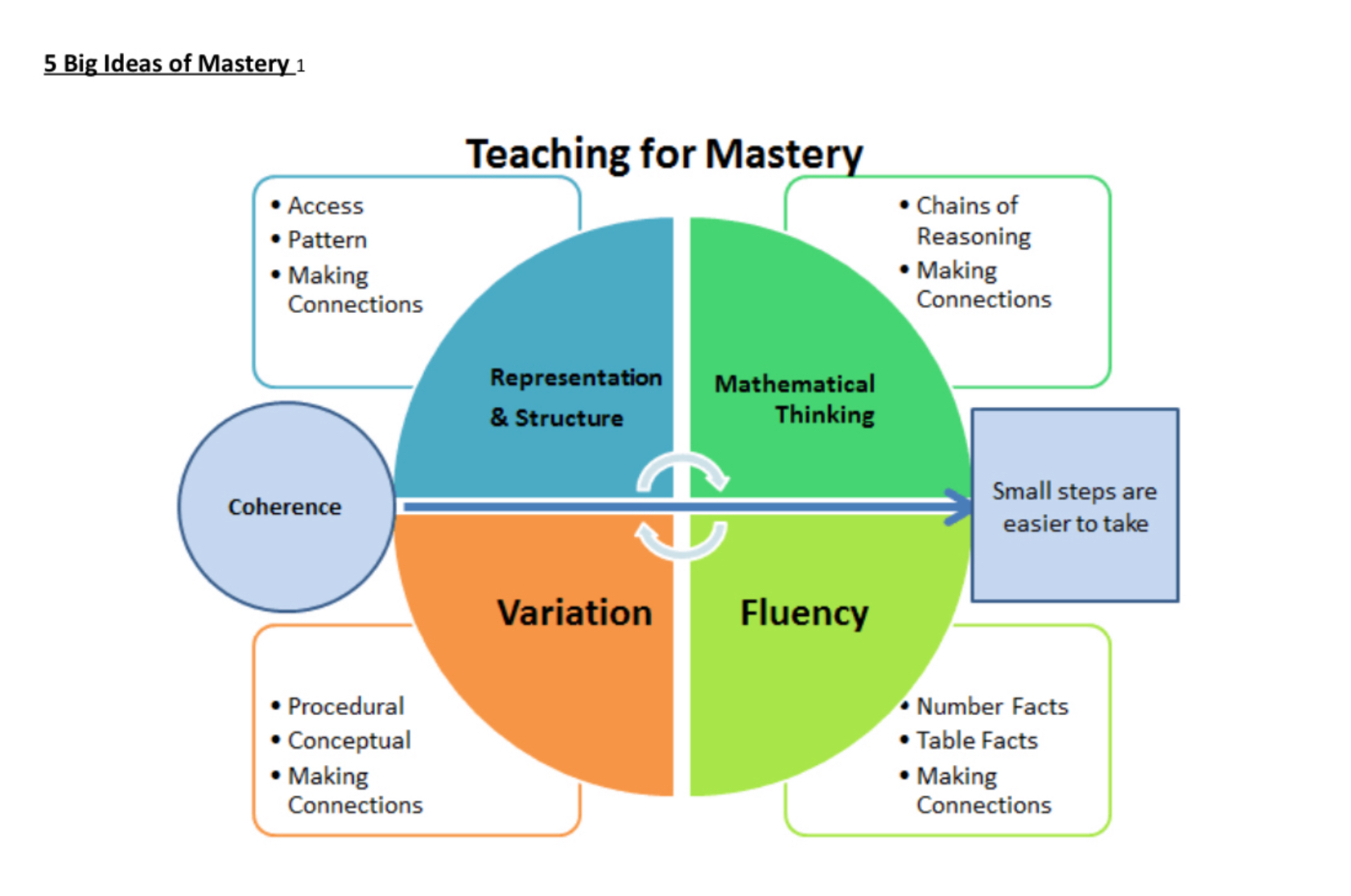
• Opportunities for Mathematical Thinking allow children to make chains of reasoning connected with the other areas of their mathematics.
• A focus on Representation and Structure ensures concepts are explored using concrete, pictorial and abstract representations, the children actively look for patterns and generalise whilst problem solving.
• Coherence is achieved through the planning of small, connected steps to link every question and lesson within a topic.
- Teachers use both procedural and conceptual Variation within their lessons and there remains an emphasis on Fluency with a relentless focus on number and times table facts.
Our Curriculum
In Reception, we aim for our children to secure firm foundations in the development of good number sense. Our teaching follows the NCETM’s Mastering Number programme. This programme continues into Year 1 and 2 and is taught along side Power Maths, ensuring that children leave KS1 with fluency in calculation and flexibility with number.
Power Maths is a resource that we use at St Peter’s to deliver the mathematics curriculum from Year 1- Year 6. Power Maths has been designed for UK schools based on research and extensive experience of teaching and learning around the world and here in the UK. It has been designed to support and challenge all pupils, and is built on the belief that EVERYONE can learn maths successfully.
The philosophy behind Power Maths is that being successful in maths is not just about rote-learning procedures and methods, but is instead about problem solving, thinking and discussing. Power Maths includes practice questions to help children develop fluent recall and develop their conceptual understanding. It also uses growth mindset characters to prompt, encourage and question children. They spark curiosity, engage reasoning, secure understanding and deepen learning for all.
We work with Maths Hub North West to ensure continued professional development.
Maths Overview
Mastering Number Reception
Maths Curriculum Year 1
Maths Curriculum Year 2
Maths Curriculum Year 3
Maths Curriculum Year 4
Maths Curriculum Year 5
Maths Curriculum Year 6
Reception Calculation Policy
Key Stage One Calculation Policy
Lower Key Stage Two Calculation Policy
Upper Key Stage Two Calculation Policy
At St Peter’s, we deliver Mastering Number materials daily in Reception, Year One and Year 2 to secure firm foundations in the development of good number sense for all our children. The aim over time is that children will leave KS1 with fluency in calculation and a confidence and flexibility with number.
.png)
